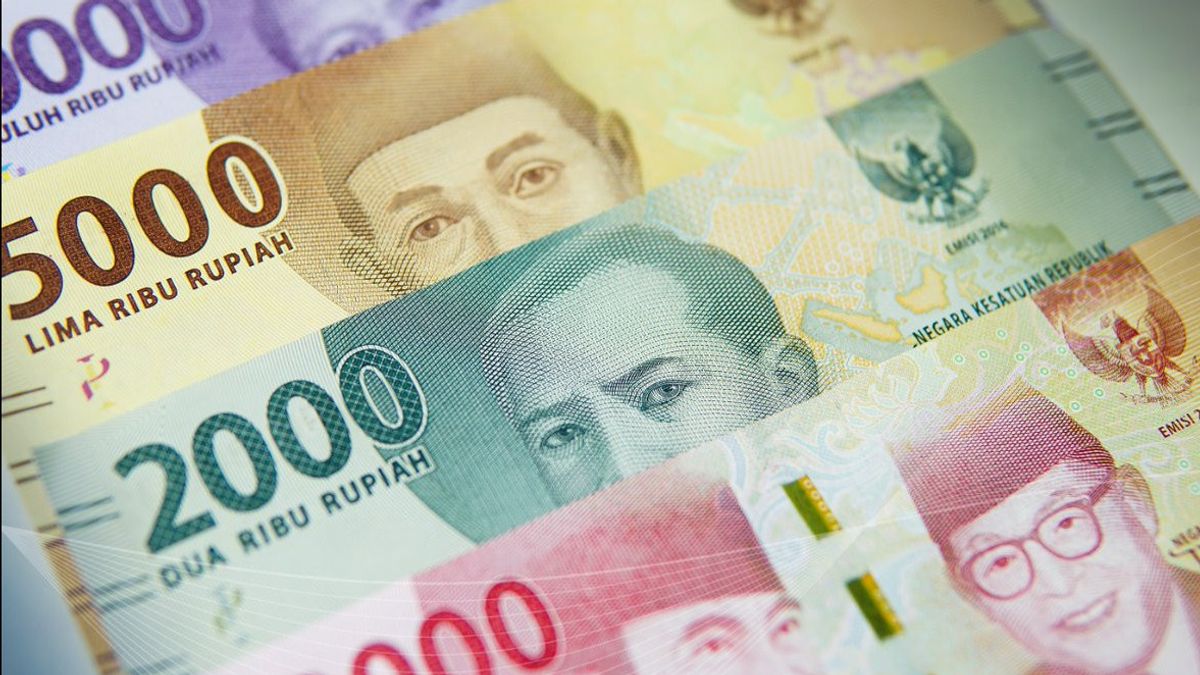JAKARTA - The rupiah exchange rate closed stronger this weekend. On Friday, March 27, the rupiah closed up 0.83 percent or 135 points to Rp16,170 per US dollar.
The rupiah strengthened today with a series of other Asian currencies. Starting from the Japanese yen, Hong Kong dollar, Singapore dollar, Thai baht, to the Philippine peso. The Korean won was the strongest this morning, gaining 1.81 percent against the US dollar.
Head of Research at Monex Investindo Futures, Ariston Tjendra, said that the strengthening of the rupiah was still due to optimism that the US government's stimulus has already been approved by the Senate and will soon be approved by the US House of Representatives.
Bank Indonesia (BI) also recapitulated a number of developments that support the strong rupiah today.
First, there was a decrease in the 5-year Indonesian Currency Default Swap (CDS) premium, which was driven by the easing of panic in financial markets. Indonesia's CDS for the year was recorded at 181 bps as of Thursday, March 26, with previously recorded at 239 per Friday last week.
Second, based on transaction data from the beginning of this week to Thursday, non-residents on the domestic financial market recorded a net sale of IDR9.93 trillion. This consists of net sales on the Government Securities (SBN) market of IDR 10.0 trillion and IDR 0.07 trillion on the stock market.
Third, based on settlement data from the beginning of this week to Thursday, non-residents on the domestic financial market recorded a net sale of IDR 25.05 trillion.
And if you look at the development from the beginning of the year to the present (year to date), non-residents in the domestic financial market recorded a net sale of Rp140.13 trillion (including stock crossing data), mainly contributed from the SBN market.
Henceforth, BI said that it would continue to strengthen the rupiah exchange rate stabilization policy in order to move according to fundamentals and market mechanisms.
The central bank will also continue to increase triple intervention, namely intervention in the Domestic Non Deliverable Forward (DNDF) market, the spot market, and purchases of SBN from the secondary market.
The English, Chinese, Japanese, Arabic, and French versions are automatically generated by the AI. So there may still be inaccuracies in translating, please always see Indonesian as our main language. (system supported by DigitalSiber.id)













